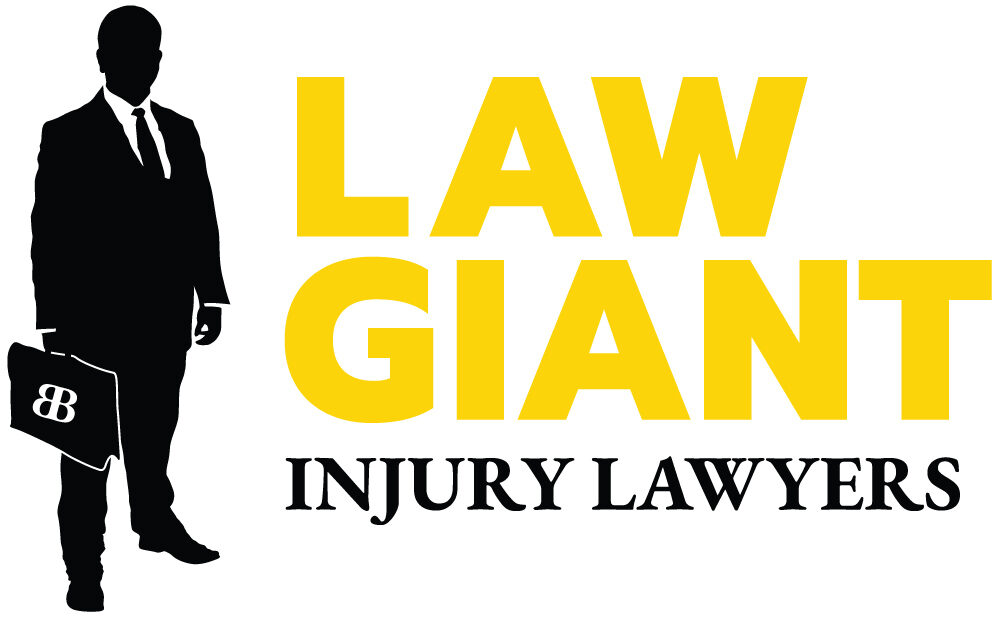Product Liability Claims in NM
Product liability refers to the legal responsibility of manufacturers, distributors, and sellers for allowing a defective or dangerous product to reach consumers.
Under both state and federal law, companies must take appropriate care when designing, manufacturing, and marketing their products. Victims can file lawsuits to seek compensation when they fail to do so and a product causes them or a loved one harm.
There are three primary types of product liability claims:
Design Defects
A design defect means a product is inherently dangerous or flawed because of how it was conceptualized and designed, even before it was manufactured. Unlike other defects, design defects affect the entire product line rather than just a single unit or batch.
Manufacturing Defects
A manufacturing defect occurs when a product becomes dangerous due to an error during production or assembly. This defect typically affects only certain units rather than the entire product line. In other words, while the product’s design might be safe, a mistake during the manufacturing process compromises the product’s integrity, rendering it unsafe for consumers.
Marketing Defects (Failure to Warn)
Marketing defects, also known as “failure to warn” defects, occur when a manufacturer or distributor fails to provide sufficient instructions, warnings, or information regarding a product’s potential hazards.
Products that are not inherently dangerous can become hazardous if consumers are not adequately informed about how to use them safely or if the product lacks warnings about hidden risks.
Defective Product Examples
A wide variety of products can lead to injuries or death due to defects, including:
- Automobiles and automotive parts
- Motorcycles, scooters, and ATVs
- Children’s toys
- Prescription and over-the-counter drugs
- Medical devices and products
- Power tools and machinery
- Household appliances
- Electrical equipment
- Food products
- Tires
- Propane tanks
- Airbags
- Pesticides
Defective Product Claims Categories
In product liability cases, proving which category your claim falls into is crucial. Each type of defect carries its own legal implications, and determining the exact nature of the defect requires thorough investigation and analysis. Defective product claims generally fall into one of the following categories:
Defectively Designed Products
A defective design means a product’s inherent structure or formulation is unsafe, even if it was manufactured correctly. A prime example would be a vehicle model prone to rollover accidents due to a high center of gravity or a children’s toy designed with small, detachable parts that could be swallowed.
Defectively Manufactured Products
Manufacturing defects occur during the production or assembly process, where a mistake is made in crafting a product. For example, a car seat may be designed correctly, but if one batch was made with faulty materials or missed key quality checks, it could lead to severe injuries for consumers.
Marketing Defects (Insufficient Instructions or Warnings)
While safe when used properly, some products can become dangerous without clear warnings or instructions. For example, a manufacturer might fail to inform consumers of the potential side effects of a pharmaceutical drug or omit crucial information about handling hazardous chemicals in a household product.
Common Defective Product Injuries
Injuries caused by defective products can range from minor to catastrophic depending on the type of product and defect involved. Some of the most common injuries associated with defective products include:
Bone Fractures
Bone fractures frequently result from accidents involving defective vehicles, machinery, or other products malfunctioning during use. For example, defective brakes or airbags in a car can lead to serious accidents that result in broken arms, legs, ribs, or even more complex fractures that require extensive surgeries and rehabilitation.
Organ Failure
Faulty medications or defective medical devices can lead to severe internal damage. Prescription or over-the-counter drugs may be tainted, mislabeled, or have unanticipated side effects, resulting in life-threatening organ failure.
Shocks and Burns
Defective electronics, household appliances, or poorly manufactured wiring can lead to electric shocks or fires, causing severe burns. These injuries are not only excruciating but can result in long-term disfigurement, nerve damage, or mobility issues.
Eye Injuries
Accidents involving defective products can lead to serious eye injuries, including partial or total vision loss. These injuries can drastically reduce a person’s quality of life. Eye injuries often require complex surgeries, ongoing treatment, and a lengthy recovery period.
Spinal Cord Injuries
Spinal cord injuries are among the most severe injuries that can result from defective products. These injuries can occur in accidents involving defective vehicle parts, such as malfunctioning tires or brakes, or due to unsafe flooring, defective ladders, or other hazardous products.
Traumatic Brain Injuries (TBIs)
Traumatic Brain Injuries (TBIs) are another serious consequence of defective products, especially those designed to protect or support the user, such as helmets, bicycles, or car seats. TBIs can range from mild concussions to severe brain trauma, resulting in both short- and long-term effects.
Victims of defective products often face substantial medical bills, lost wages, and significant pain and suffering. The Law Giant Injury Lawyers can help you seek compensation if you’ve suffered an injury.
Product Liability Laws in NM
Under New Mexico law, manufacturers, distributors, and retailers can be held strictly liable for damages caused by defective products. Strict liability means that you do not have to prove negligence on the part of the responsible parties, only that the product was defective and that it caused your injuries.
Parties that could be held liable for a defective product include:
- Manufacturers: The entity that designs and produces the product.
- Wholesalers or Distributors: Those who distribute the defective product.
- Retailers: The seller who markets or provides the product to the consumer.
- Licensors and Franchisors: Businesses representing the product may also be liable for injuries caused by defective items.
Product liability cases are often complex and may involve multiple parties. Our experienced Albuquerque product liability attorneys can help you navigate these challenges and build a strong case for compensation.
Defective Product Compensation in NM
If a defective product has injured you, you may be entitled to compensation for:
- Medical Expenses: Including hospital bills, surgeries, medications, and long-term care.
- Lost Wages: Compensation for time off work and loss of earning capacity.
- Pain and Suffering: Damages for physical pain and emotional trauma.
- Permanent or Temporary Disability: Compensation if the injury affects your ability to work or live independently.
- Loss of Consortium or Companionship: Damages related to the effect of the injury on your relationships.
Our team at The Law Giant will work tirelessly to maximize the compensation you receive. We understand large corporations’ tactics to minimize their liability, and we’re prepared to fight back on your behalf.







